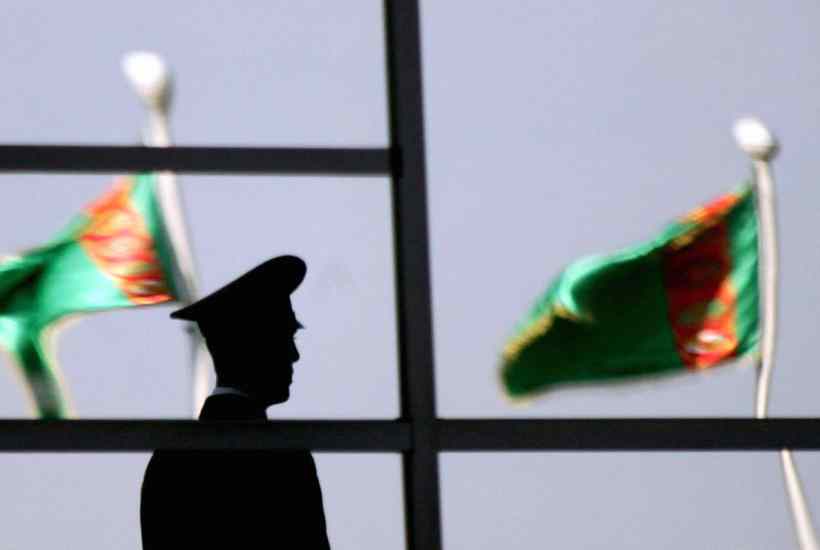While the world is watching Ukraine, there is another former Soviet republic that has quietly undergone regime change. Turkmenistan’s 65-year-old former president, known, in the manner of a comic book superhero, as ‘The Protector’, stepped down in February. With Gurbanguly Berdymukhamedov’s departure, the Mejlis Assembly duly called for elections on 12 March.
Already a subscriber? Log in
Subscribe for just $2 a week
Try a month of The Spectator Australia absolutely free and without commitment. Not only that but – if you choose to continue – you’ll pay just $2 a week for your first year.
- Unlimited access to spectator.com.au and app
- The weekly edition on the Spectator Australia app
- Spectator podcasts and newsletters
- Full access to spectator.co.uk
Or




















Comments
Don't miss out
Join the conversation with other Spectator Australia readers. Subscribe to leave a comment.
SUBSCRIBEAlready a subscriber? Log in